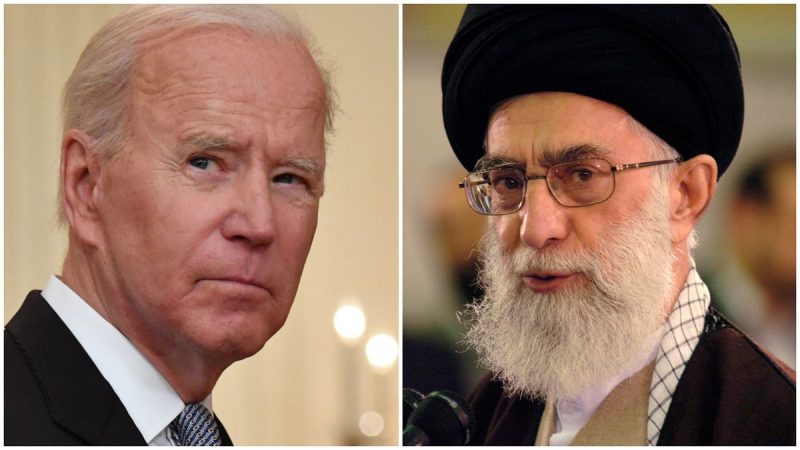In recent times, there has been much speculation surrounding the geopolitical dynamics between the United States, Iran, and Israel. Reports and opinions have circulated, suggesting that the Biden-Harris administration’s approach to Iran may have influenced the timing of Iran’s retaliation against Israel. However, a closer examination reveals that the unfolding events are part of a wider narrative shaped by longstanding tensions, strategic considerations, and regional power plays.
While some may view the Biden-Harris administration’s diplomatic overtures towards Iran as a potential trigger for Iran’s actions against Israel, it is essential to consider the broader context in which these events occurred. Iran and Israel have a long history of antagonism, driven by ideological, religious, and geopolitical factors. The recent escalation between the two countries is not merely a response to U.S. policy but is rooted in deep-seated animosities and conflicting interests that transcend any single administration’s actions.
Furthermore, Iran’s regional ambitions and proxy warfare strategies have long been a source of concern for Israel and its allies. The proxy conflicts in Syria, Iraq, and Lebanon have created a volatile environment where tensions can quickly escalate into direct military confrontations. Iran’s support for groups like Hezbollah and its efforts to expand its influence in the region have put it at odds with Israel, leading to a perpetual state of conflict that is not easily resolved through diplomatic channels alone.
The timing of Iran’s retaliation against Israel should be understood within the broader context of regional power dynamics. Iran’s actions are not solely a response to U.S. policies but are part of a complex web of alliances, rivalries, and strategic calculations that shape the Middle East’s geopolitical landscape. Israel’s own military actions and security concerns are also significant factors that contribute to the cycle of escalation and retaliation seen in the region.
It is important for policymakers, analysts, and the public to look beyond simplistic narratives that attribute complex geopolitical events to the actions of a single actor or administration. The dynamics between Iran, Israel, and the United States are multifaceted and deeply interconnected, requiring a nuanced understanding of the historical, political, and strategic factors at play.
In conclusion, while the Biden-Harris administration’s approach to Iran may have implications for regional dynamics, it is crucial to recognize that the recent escalation between Iran and Israel is not solely a result of appeasement policies. Rather, it is a reflection of long-standing tensions, power struggles, and conflicting interests that shape the Middle East’s complex geopolitical landscape. Moving forward, a comprehensive approach that considers the regional complexities and the interests of all stakeholders will be essential in promoting peace and stability in the region.




























